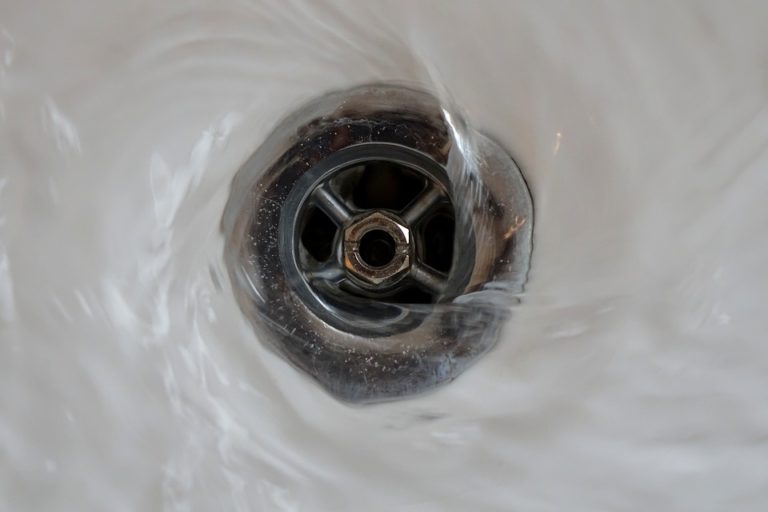At Oliver, we always support the idea of saving water and saving energy. Here, our plumbing experts have compiled 16 different facts about water efficiency from resources like National Geographic and the Environmental Protection Agency:
Tag Archives: epa
HVAC News You Can Use, Straight From Capitol Hill
While the rest of us were riveted to the NFL playoffs over the weekend, the intrepid Hill-watchers of the Air Conditioning Contractors of America rounded up some information that will be very important for homeowners who either replaced their HVAC equipment in 2012 or are considering a replacement in 2013.
First, for the already-replaced camp: good news! The Fiscal Cliff deal included a reinstatement of the Energy Credit for homeowners who installed high-efficiency equipment in 2012. However, because the deal was reached past its original deadline, the IRS will need more time to update their systems to accept this credit. Homeowners will not be able to file the appropriate form on the official start date of 2012 taxes (January 30th), but will have to wait for this update to be complete, expected happen in late February or early March. There will also be a delay in the release of updated materials that can help homeowners determine whether their new equipment qualifies for the credit. We will continue to update our customers on the general progress of this update as we receive more information, and of course will be happy to help homeowners who purchased their systems from Oliver determine eligibility as the qualifications are released.
Next, for the thinking-about-replacing camp: pending good news! As of late Friday, the 11th, the US EPA has agreed to withdraw the pending minimum efficiency standards that were set to go into effect on May 1, 2013. These standards would have required all installed furnaces to be rated at 90% efficiency or higher. As we’ve said before, we are all for high-efficiency units that save customers energy and money, but we also know that they are not the best solution for every home and situation. If this settlement is accepted by the Court, non-condensing furnaces will remain legal to install in all states until further notice. Keep an eye on our regional standards page for updates on this settlement.
Thanks again to ACCA for being on top of these stories! What are your thoughts on these developments? Share them in the comments!
US Clean Air Act (Phaseout Series Part 4)
Welcome back to the Phaseout Series! Last time we talked about how the international community responded to the discovery that CFC’s were depleting the ozone layer. Today, we’ll come back closer to home and talk about how the United States is handling the issue.
The good news is that the United States started addressing the issue even before the Montreal Protocol came into play. The primary piece of legislation on the subject is the Clean Air Act. Other legislation on air pollution was enacted as early as 1955, and evolved over the years as our understanding of the problems and potential solutions developed.
The amendments to the Clean Air Act that deal with the phaseout of CFC’s were enacted in 1990. This amendment authorized three new programs related to pollution control, expanded existing enforcement authority, and the part that we’re really concerned with: established another program to phase out the use of CFC’s.
The Phaseout of CFC’s is covered by Title VI of the Clean Air Act. All of the information about what substances it pertains to, the schedule for reduction, and any exemptions are public information. If you want to take a look at them, you can find them all on the EPA’s website: http://epa.gov/oar/caa/title6.html
We just passed two more milestones in the production of equipment and of the substance known as R-22. These reductions are a good thing for our planet, but they do impact the everyday operations of companies like Oliver. We’ll talk about the role of HVAC companies and homeowners in our next post. And although I’ve been getting lots and lots of “thank you for this good informationing, I am happy pleased to have found your channel, please to visit website for selling of mudpies” comments, what I’d really like to hear are your questions! What questions can I answer for you about Oliver’s role in the phaseout?
Until next time,
Shanna

